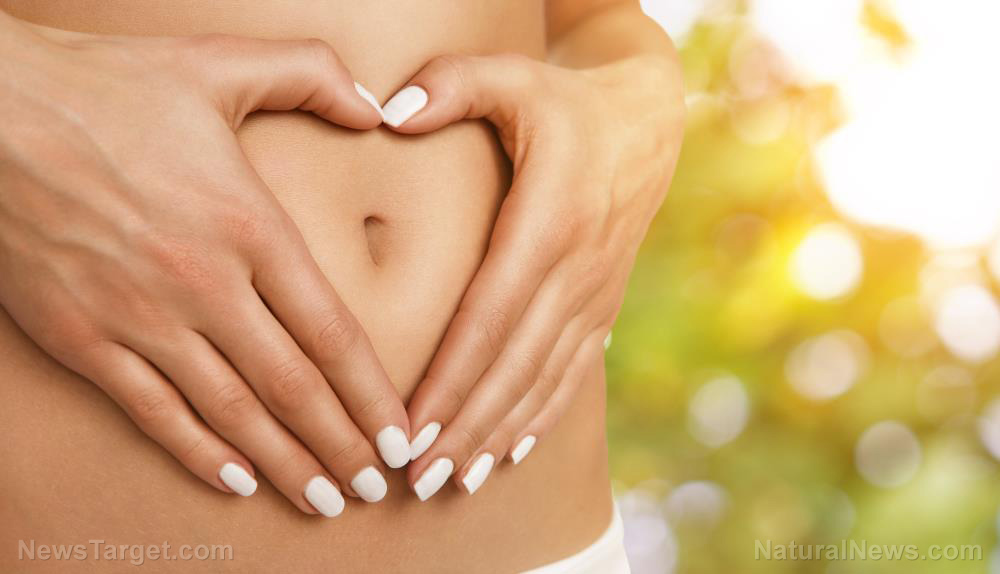Beans, mushrooms and more: Vegan sources of protein and vitamins B12 and D
08/14/2020 / By Divina Ramirez

Vegans and vegetarians don’t get enough protein – or so people think. In a recent article published online, internal medicine specialist Milton Mills blasted claims from dietitians that ditching meat means missing out on protein, an essential macronutrient.
Plant cells contain protein, Mills argued. In fact, plant-based foods like grains, legumes and nuts are concentrated sources of plant proteins. Therefore, if someone is eating a balanced diet that includes these foods, it is almost impossible to become protein-deficient, he adds.
Plant-based diets need to include sources of protein and other nutrients found in meat
One of the most common mistakes people tend to make upon adopting a strict plant-based diet is not focusing on plant-based protein sources. This mistake alone is often the culprit behind inadequate protein intake among those on plant-based diets.
Protein is considered one of the basic building blocks of our bodies. Therefore, it is crucial to get enough protein on a regular basis to keep important cellular processes up and running, such as tissue repair, hormone production and bone formation, among others.
Because a lot of the protein people get on a regular basis comes from meat, fish and other animal products, those on plant-based diets do run some risk of missing out on the important macronutrient.
So, as Mills pointed out, people on plant-based diets need to focus on eating concentrated protein sources. Mills adds that people also need to include different categories of plant foods in their diets, not just fruits and salad greens.
Furthermore, those on plant-based diets also run the risk of missing out on vitamins D and B12. Both of these essential nutrients are often found in meat, fish, eggs, seafood and other animal products.
Vitamin D, the so-called “sunshine vitamin,” is essential for bone formation and calcium absorption. Vitamin B12, on the other hand, is important for making deoxyribonucleic acid (DNA), the genetic material found in all cells.
Plant-based sources of protein, vitamin D and vitamin B12
Getting enough protein and other important nutrients on a plant-based diet is easier than it seems. People just need to monitor their consumption of concentrated protein sources and make sure to eat different plant-based foods, too, as per Mills’ recommendation.
Here is a list of some of the healthiest plant-based sources of protein, vitamin D and vitamin B12 that ought to be part of a balanced diet, plant-based or not. (Related: Have you heard of these other plant-based milks?)
- Beans and lentils – Beans and legumes are excellent plant-based protein sources. It also doesn’t hurt that these foods are rich in fiber, another important macronutrient.
- Nuts and seeds – Peanuts, almonds, pumpkin seeds, chia seeds and the like also hold incredible amounts of protein. In addition, some nut-based milks like almond milk also contain modest amounts of vitamins D and B12.
- Quinoa – Grains like quinoa make for a great protein source. Quinoa, in particular, contains all the essential amino acids that form the building blocks of proteins.
- Bulgur – Bulgur is an edible cereal grain used as a base for salads, soups and baked goods. It is similar to quinoa and other healthful grains in terms of its protein content.
- Cruciferous vegetables – Vegetables classified under the Brassica genus of plants, such as spinach and broccoli, also provide a substantial amount of protein.
- Mushrooms – Mushrooms are one of the handfuls of plant-based foods that contain all three nutrients. In fact, mushrooms are perhaps one of the few plant-based foods that offer the most substantial amount of vitamin D. Shiitake mushrooms, in particular, also provide high amounts of vitamin B12.
Protein, vitamin D and vitamin B12 are just some of the important nutrients that vegans and vegetarians can run short of due to eating habits and certain food choices. To avoid nutritional deficiencies, eat plant-based sources of these nutrients as part of a balanced diet.
Read more articles about the health benefits of vitamins B12 and D at Nutrients.news.
Sources include:
Tagged Under: #nutrition, food cures, food is medicine, functional food, natural ingredients, nutrients, organics, plant-based diet, protein, vegan diet, vegetarian diet, vitamin B12, vitamin D



















